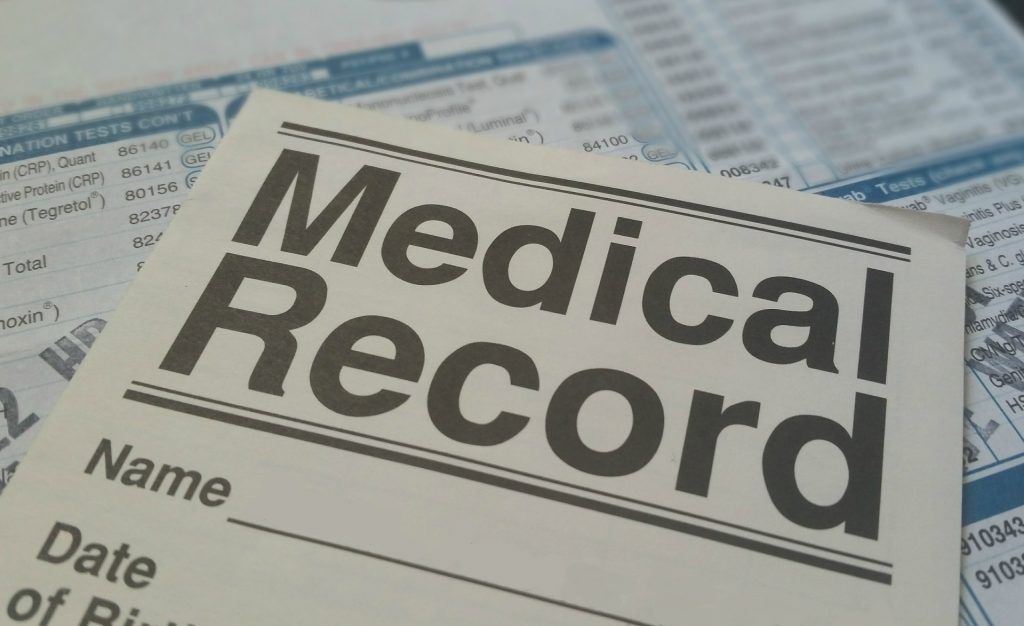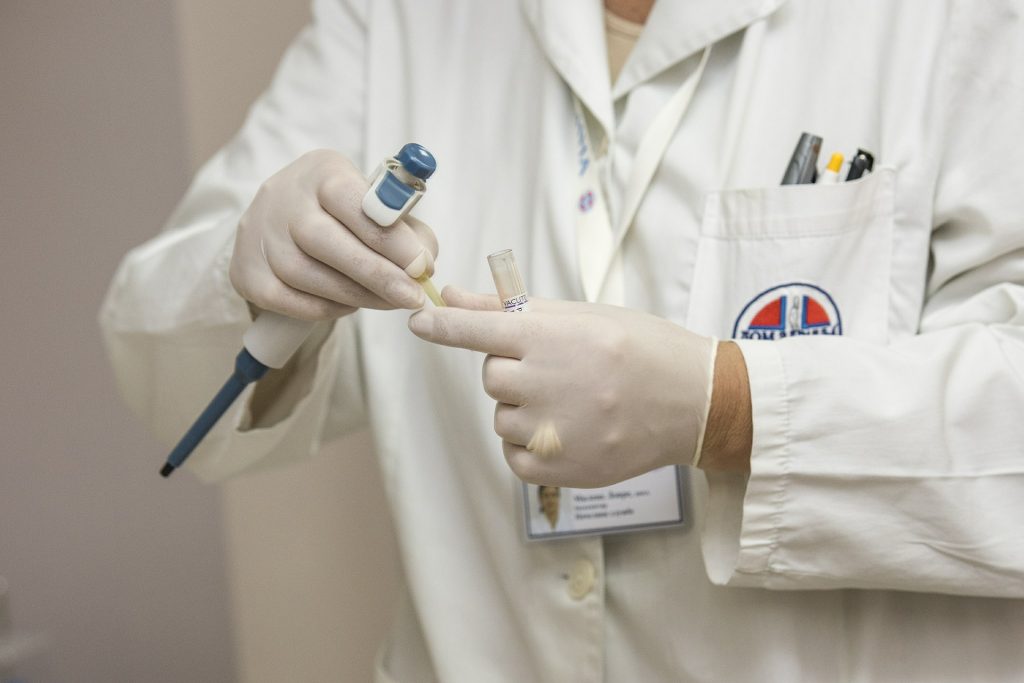
In the past decade or so, in various forms and to varying degrees of success as we all know, the government has been trying to introduce a more joined-up, computerised NHS. That’s been with the aim of improving efficiency, saving vital budgets, and offering the same kind of easy access and ownership of our medical journeys as we all get in our Amazon, Facebook and TripAdvisor-based daily lives.
There have been various programmes and names for this initiative, be they Care Records, a paperless NHS, EPRs (electronic patient records) and so on. We’ve made a lot of progress, and had some knockbacks (such as care.data). However I think anyone working in or with the NHS agrees that a really promising new push is the IDCR, Integrated Digital Care Records. The idea is to find a way to allow multiple stakeholders in both primary but also acute care and other bodies, especially social care ones, to be able to safely and securely share information about patients both in and out of the surgery and front-line care context.
The 2020 digital NHS agenda
Of course, the IDCR idea is not new. NHS England started talking about this three years ago (see its key ‘Safer Hospitals, Safer Wards’ document , where it discussed the need for a “a fully integrated digital patient record across all care settings by 2018” that could only be achieved “ when NHS providers are connected to the flow of information”. Another key document in the IDCR debate is the NIB (National Information Board’s) Personalised Health and Care 2020 white paper, which, while not mentioning IDCRs specifically, provides the direction of travel here – joined up care, with different stakeholders, in and out of the GP surgery and hospital, able to talk to one another. Plus it explains how that supports the Five Year Forward View agenda, too.
The other thing to flag is that despite IDCR not being especially recent, there hasn’t been a huge amount of progress made delivering against the IDCR agenda. One metric of this is the relative paucity of coverage of it on the main NHS England website; there’s a fantastic success story there, from Bradford and Airedale, which is really inspiring, but we should really be expecting to hear of a few more examples by now.
Wise third parties who monitor NHS progress in digital agree. In a presentation for The Kings Fund, now departed NHS IT supremo Tim Kelsey saw the co-creation of tools and resources to support IDCRs coming on stream last year, while 2020 would see “all local areas” at full local implementation stage.
I think the reality is that the IDCR idea maybe needs a bit of a push to get it going. I think we all know that is unlikely to come from the top of NHS England, which is all about setting strategic direction, and which encourages local, bottom-up thinking by CCGs and Trusts to find affordable, tactical ways of doing things (very much in contrast to the National Programme for IT way of doing things).
If you look out over the current NHS IT landscape, there are some technologies available that can help with IDCR projects. More are coming, and some of which we’re working with, like our partners over at Kainos.
But what a lot of these solutions (apart from Kainos) suffer from is a lack of openness – they are often closed and rigid. That may be changing, but the spirit of IDCR and the 2020 targets is openness and interoperability. It’s hard to see how a siloed package can really push around the wealth of data and data types you need for a good IDCR, like path test results, DICOM format scans, referral notes, social care records and so on.
It’s a lot to ask some software technically, but it’s also a lot to ask software that isn’t totally lined up with all the standards that will need to be at the centre of any convincing IDCR plan, like FHIR, Fast Healthcare Interoperability Resources and CDA, Clinical Document Standard (CDA).
Time to start your IDCR journey
The honest truth about IDCR in 2016 is that no-one has the silver bullet. But with SynApps’ proven track record in working with multiple data formats, our wide range of Open Source and innovative tech partners, and with our rock-solid commitment to open-ness and interoperability standards, it’s just a fact that our approach stands a better chance of delivering IDCR success than more restricted alternatives.
This is why I’m issuing an open invitation to the NHS community.
We are starting to have really promising early-stage discussions with CCG’s/Trusts who want to open the door marked ‘IDCR,’ but who don’t see how quite yet.
We suspect there are many more CCIOs and Chief Executives in the same position as those we are talking to, with the same problems as you.
Let’s open a dialogue about how an open, standards based, partnership-driven approach, backed by some of the best clinical content management technology on the market, can help you make a truly digital and integrated 2020 not another missed NHS ambition, but a real milestone of progress for you, your patients, and your social and health partners.
I encourage any NHS team to get in touch to discuss their own LDRM (Local Digital Roadmap) or individual strategies on how they’re going to deliver IDCR.
Gary Britnell
 October 17th, 2016 – Gary Britnell, who leads the work in the NHS for SynApps, has published an article that puts the recent announcements by the Secretary of State for Health at the Health and Social Care Innovation Expo in Manchester in context.
October 17th, 2016 – Gary Britnell, who leads the work in the NHS for SynApps, has published an article that puts the recent announcements by the Secretary of State for Health at the Health and Social Care Innovation Expo in Manchester in context.

